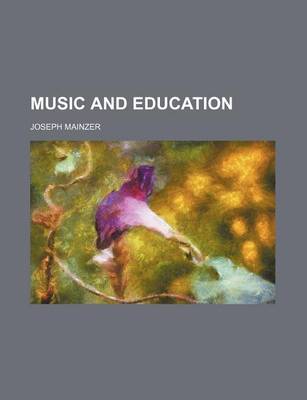Cambridge Library Collection - Music
2 total works
Published in 1848, this short work by Joseph Mainzer (1801-51) argues for the considerable value of music as part of general education. A German priest, teacher and composer, Mainzer had an important influence on the development of amateur music and the choral movement in the first half of the nineteenth century. Attracting large numbers of adult labourers, he gave free singing classes, using his own highly influential teaching system. Music, Mainzer argues here, not only brings direct moral and social benefits, but also takes the place of potentially harmful habits and leisure activities, such as the drinking of alcohol. The work defines music in relation to its educational value and potential, exploring the origins, development and moral influence of music since the ancient Greeks. Mainzer also discusses the ways in which music is taught at all levels.
Joseph Mainzer (1801-51), priest, music teacher and composer, had an important influence on the development of the choral movement in the first half of the nineteenth century. Forced to flee his native Germany in 1833 because of his political views, he arrived in London in 1839 via Brussels and Paris, where his singing classes for labourers were immensely successful. Although his musical compositions are largely forgotten, his mission to bring singing to the masses is not: he published a number of works on the subject and established Mainzer's Musical Times, which later became The Musical Times. First published in 1841, this short singing textbook for an English audience is a classic resource in music education, presenting the basics of the fixed sol-fa system together with a generous quantity of musical examples. Mainzer's 1848 work, Music and Education, has also been reissued in this series.

